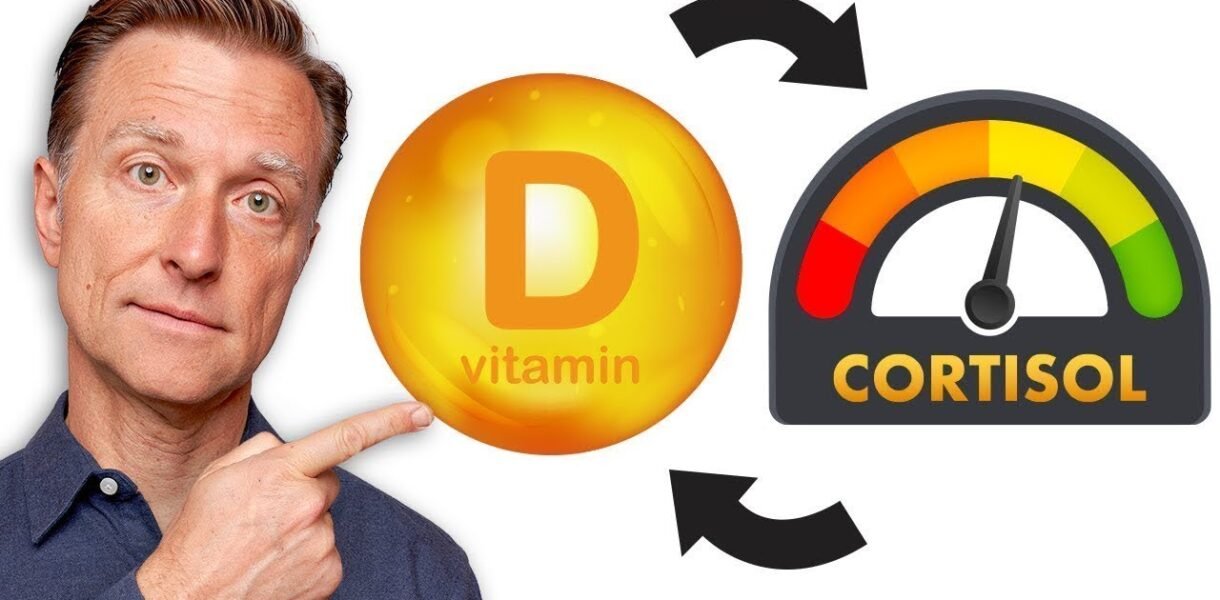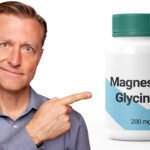Table of Contents
Explore the fascinating connection between Vitamin D and cortisol. Learn how chronic stress affects Vitamin D absorption, the role of cholesterol, and the impact on the immune system. Discover holistic approaches to balance cortisol levels and boost Vitamin D.
Vitamin D and cortisol
So there’s a lot of very interesting information relating to vitamin d and cortisol , that relationship .
Under stress , especially chronic stress , what happens is the vitamin d gets less absorbed in your gut .
How high cortisol can cause vitamin D deficiency

So anytime you have high stress , your vitamin d level goes down .
That’s one thing that happens , but there’s something else as well .
The building block of vitamin d is the same building block as the stress hormone cortisol , and that building block is cholesterol .
They’re both made out of cholesterol .
In fact , even vitamin d as itself is really considered for many reasons more of a hormone than a vitamin , especially the steroid hormones in the family of cortisol .
The chemistry of cortisol , which is stress hormone , is very similar to vitamin d as well , but they’re both made from cholesterol .
So as you go through stress , the cholesterol is allocated as a precursor to build more of that stress hormone and away from other things like vitamin d .
This is another reason why people end up with low vitamin d when they have high levels of stress .
And very unfortunately , the cortisol tends to paralyze the immune system .
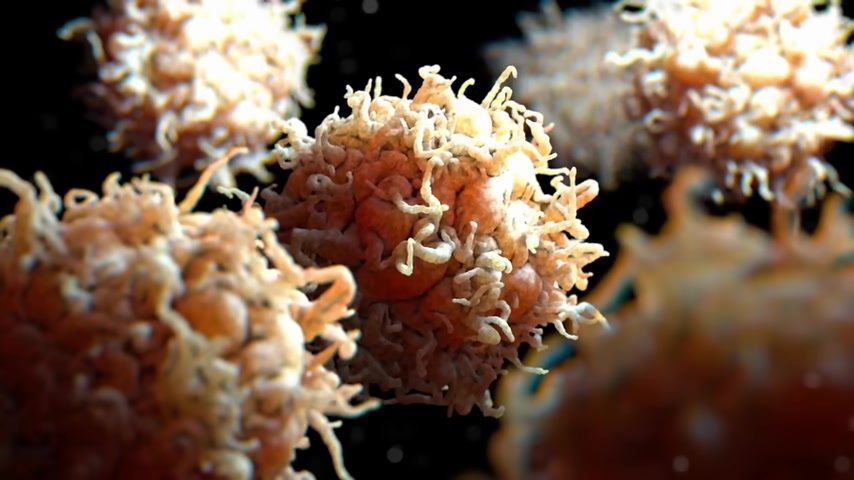
It lowers the white blood cell .
It makes you more susceptible to getting infections and especially viral infections .
Not to mention compound on top of that , a low vitamin d level that’s so important with your immune system in immune protection and even controlling an overactive immune system .
And then another interesting thing about this is when you go through a lot of stress , a lot of times that can be the trigger of an autoimmune disease .
Whether it’s MS , rheumatoid arthritis , Hashimoto’s , Graves’ disease , type 1 diabetes .
All of these conditions can be triggered by some type of stress .
So then once you get the autoimmune disease , what is the treatment ?
The treatment is prednisone .
What is prednisone ?
It’s a synthetic form of cortisol .
So that’s interesting that this stress might have triggered it , but then now you need prednisone as a treatment to get rid of inflammation .
So , apparently , cortisol is a anti inflammatory .
And if you have too much of it in your body , then why would someone even have , inflammation in the first place ?

And it probably my guess is that when you have a lot of certain hormone in the bloodstream , that can create a bit of a resistance .
Just like insulin resistance , you can have that cortisol resistance .
That’s just my guess , but it could also have something to do with vitamin d since vitamin d is a very potent and powerful anti inflammatory .
Fact , vitamin d is what I always recommend for autoimmune conditions .
There’s a lot of research on that .
But the problem is you can’t just use the the smaller amounts .
The RDAs , for vitamin D is what , like 600 IU .
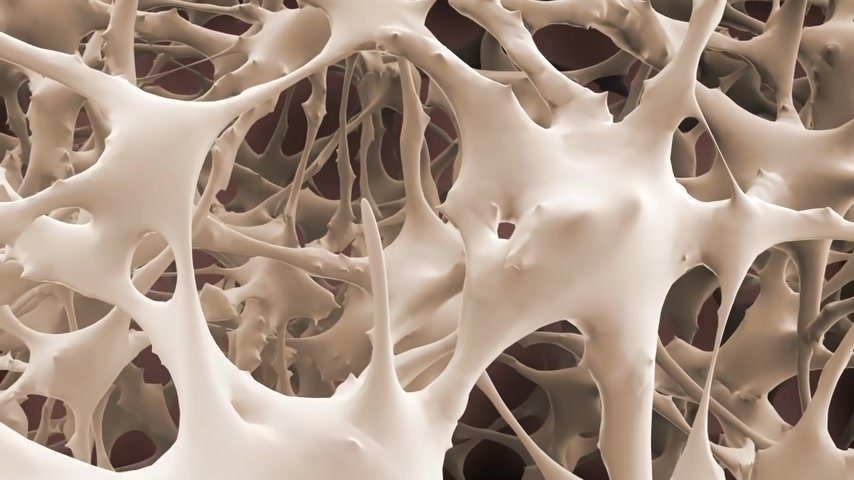
That was all based on research for your bone to prevent bone loss , but not necessarily to have this therapeutic effect on autoimmune inflammatory conditions .
For those conditions , you need a lot more .
You might need 10 , 20 , 30 , 40 , 50,000 IUs of vitamin d to create the effects , especially with other barriers from absorbing vitamin d .
You have genetic barriers .
It’s called a polymorphism where you have this gene that doesn’t allow you to , convert vitamin d into the active form .
It doesn’t allow you to absorb vitamin d and the vitamin d receptor .
When I did some DNA testing with , I think , took 20 over 20 people .
It wasn’t a lot , but it was 20 people .
A 100% of those people all had at least one gene that was inhibiting either the conversion to the active form of vitamin d or just the activation of the vitamin d receptor .
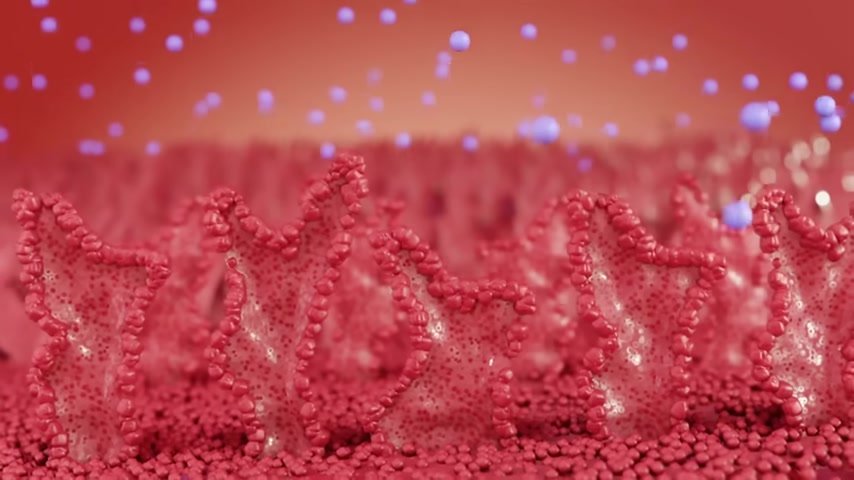
So in other words , from that , it just led me to the idea that a lot of people are just not absorbing enough vitamin d .
Another reason is is if you’re older , you don’t absorb , as much vitamin d .
If your skin is is darker , you’re not gonna absorb as much vitamin d from the sun anyway .
And not to mention people aren’t out in the sun very much .
And you have the wintertime .
Then you have also insulin resistance can block the absorption of vitamin d .
And so there’s a lot of barriers .
The cards are stacked against you with vitamin d .
So an average person has high cortisol and low vitamin d , but they both have similar properties in what they can do , especially when we get into the area of inflammation and autoimmune conditions and other conditions too , like even , type 2 diabetes , which is not an autoimmune .
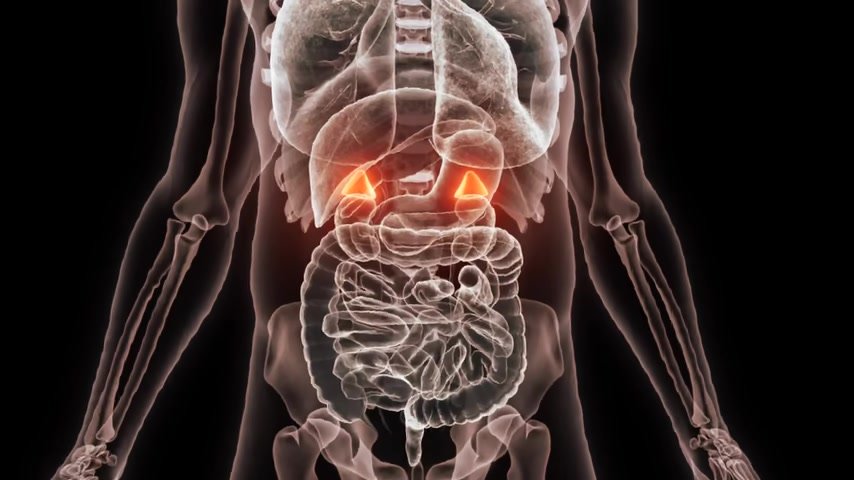
And even with adrenal concerns .
Adrenal problems , whether someone has too much adrenal hormone or not enough , vitamin d is gonna be important .
There’s an interesting paper I read that if you give someone vitamin d that has high levels of cortisol , it can help bring it down , which is interesting .
So I think , the more stress someone has , the more vitamin d they need to counter maybe this reallocation of the cholesterol problem because they don’t have enough precursors , especially if they’re on a low fat diet .
And also especially if someone goes through menopause , because what happens in menopause is you have this , loss of ovarian function .
And now we have this backup organ from the adrenals , which now has to make up for these loss hormones .
And if there’s a bit of stress in this process where the adrenals are weak , then cortisol is going to be stressed .
And so is vitamin d .
How to increase vitamin D
And I think the solution is not just adding vitamin d , but also adding cholesterol , making sure that you have enough fat , maybe consume more breastfed butter , or meats , things like that .

Another little side note about , vitamin d is when you get it tested , they always test the inactive form because that’s more stable .
It’s more difficult and not as reliable to check the active form .
So they check the inactive form , which doesn’t really tell you what’s happening inside the cells as well .
You have to be able to take all the information and and look at it .
Let’s say , for for example , someone has a problem with the receptor absorbing vitamin d , whether they have a genetic problem with the receptor or let’s say they have a viral infection .
Certain viruses , trick the vitamin d receptor to downgrading them .
It’s a whole survival mechanism , which is pretty sneaky and pretty evil .
And the solution to that is to take more vitamin d to overcome that .
But the point is that you can’t always put all your eggs in that one basket , like testing someone’s blood level for vitamin d , especially if they have some of these other problems .
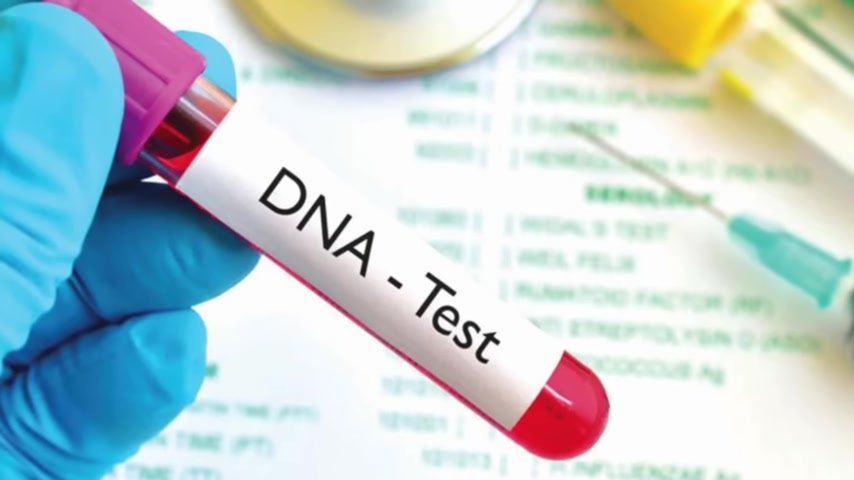
And maybe you wanna do a genetic test just to see if that’s one issue as well .
How to balance cortisol and vitamin D
Especially if you’re going through stress and especially if you have vitamin d deficiency symptoms .
I want to give you several things to improve .
The situation of low vitamin d and high cortisol .
Number 1 , take more vitamin d
Get it from the sun , eat fatty fish , or just take a good vitamin , d three supplement .
And probably minimally , take about 10,000 IUs .
But if you have a problem , you might need to take more .
Now number 2 Magnesium is essential for vitamin d to work as well .
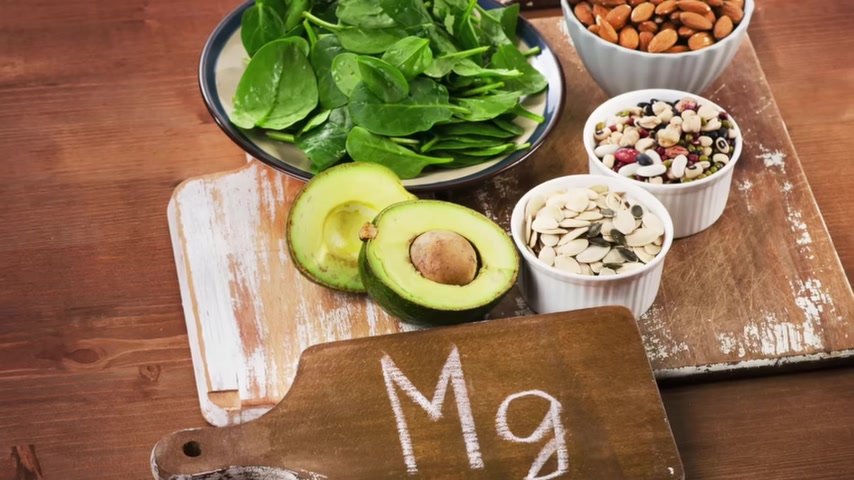
Magnesium also helps lower cortisol .
So make sure you also at the same time , either consume magnesium foods , which are in the leafy greens , spinach , it’s in almonds as well , but make sure you you have , like , maybe some cheese with that spinach or with your almonds just to get the calcium to prevent the , oxalates that could be an issue with those two things .
Especially if you’re on keto , people consume a lot of these foods that are high in oxalates , chocolate , spinach , almonds .
You can start to do other leafy greens and salads and dark green vegetables , but believe it or not , it’s it’s not as easy as you might think to get magnesium .
But the point is that more magnesium will help , vitamin d work , and it’ll also help cortisol be lowered .
Magnesium glycinate is the one that I like .
Number 3 , zinc .
The vitamin d receptor needs zinc as an essential thing to allow that vitamin d receptor to work and absorb vitamin d .
So we need zinc , and we need magnesium .
Without those 2 , you’re not gonna be able to absorb as much vitamin d .
Another , key factor is to maybe take some adaptogens .

I like Ashwagandha, but there’s other ones as well .
But adaptogens help to bring cortisol to a normal level .
They’re interesting because whether you have too much cortisol or not enough cortisol to help balance that , they increase your tolerance for stress .
They also will help with , adrenaline too .
It’ll help balance adrenaline .
Of course , exercise would be at the top of the list .
Long walks , hikes , things like that , very important to reduce stress and cortisol especially .
Just make sure you don’t overtrain .

And , of course , the next one is gonna be sleep .
Sleep helps lower cortisol , and that will help you retain more vitamin d as well .
You’ll never be able to bring your cortisol levels down without also fixing your sleep .
But of course , magnesium will help that .
Zinc will help that .
Exercise long walks will help that .
And vitamin D will help that as well , especially if you have a circadian rhythm , problem , whether it’s from jet lag or your sleep cycles are off or whatever .
Another one that you might not know about is sea salt .
When you are sodium deficient , Cortisol tends to go a little higher .
So sometimes , especially when you’re on the ketogenic diet , you may need a little bit more sea salt in the diet , and that can help you sleep faster and better and give you more quality of sleep , but it can also reduce stress as well .
And so there’s other ways of ending up with not enough sodium as well .

Drinking a lot of water , that you’re diluting the salt , and just not putting on the food .
Getting more sun .
That spectrum infrared can come in .
It penetrates the body .
It’s a great antioxidant .
And is it melatonin good for sleep as well ? It can be .
Next one is vitamin b 1 .
That can help reduce stress and cortisol anxiety and nervous tension , from a different angle .
I always like b one as the stress reducer .
It works like within 3 minutes .
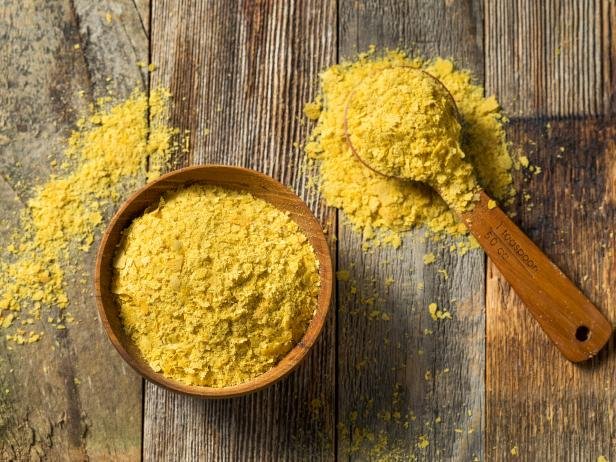
Nutritional yeast has a good amount of b1 , but make sure you have a b1 that is from a natural source .
And just as a side note , what creates a deficiency of b1 is consuming a lot of refined sugar and refined carbohydrate .
The more you do for that , the more b1 is needed .
The same thing with stress .
The more stress you have , the more vitamin d you need , and the more cortisol or stress you have , also the more cholesterol you might need to build , not just your adrenal hormones , but the vitamin d as well .
But the remedy is called AHCC , and this remedy does a lot of things .
But one of the things that it does , it has a very unique effect on calming down the sympathetic nervous system and also improving your parasympathetic .
And that’s why it’s really good for sleep .
You take this right before bed , and that can help you greatly .
Get the complete list
But that being said , I do have a an a very long list of all of the actions that you can do and all the things you can take to lower cortisol , which goes way beyond what I just gave you right here .
If you want a free copy of that , it’s a 1 page summary .
you can download it right here.
key Points:
- When you’re under chronic stress, vitamin D is less absorbed in your gut.
- The building block for vitamin D is the same building block for cortisol. That building block is cholesterol. But, when you go through stress, your cholesterol is used to build more cortisol than vitamin D.
- However, you need plenty of vitamin D when you go through stress. Many people aren’t getting the vitamin D they need. The more stress someone has, the more vitamin D they need.
- In my opinion, the solution isn’t just increasing vitamin D but also cholesterol—making sure you have plenty of fat in your diet.
The best ways to balance vitamin D and cortisol:
- Get more vitamin D
- Get plenty of magnesium
- Consume more zinc
- Take adaptogens
- Exercise
- Get quality sleep
- Consume sea salt
- Get more sun
- Consume vitamin B1
- Take AHCC before bed
DATA:
https://www.ncbi.nlm.nih.gov/pmc/articles/PMC4973406
https://f1000research.com/articles/3-155
https://www.frontiersin.org/journals/endocrinology/articles/10.3389/fendo.2022.1001065/full
https://www.sciencedirect.com/science/article/abs/pii/S096007601830520X

